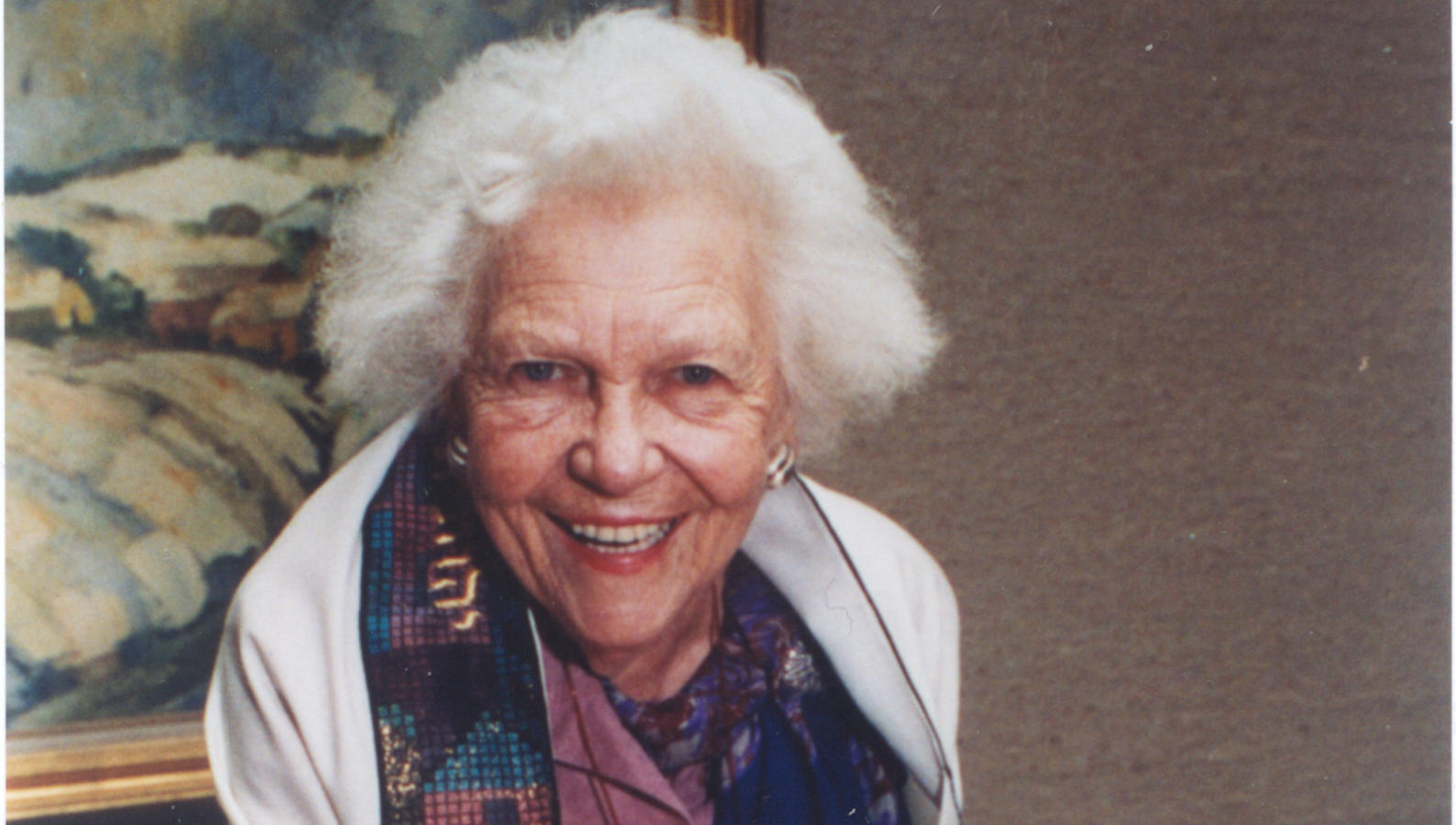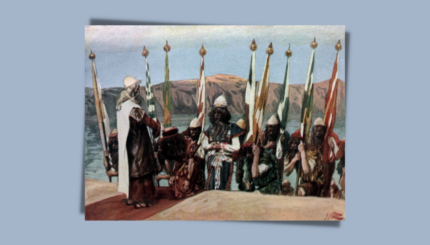At the time of my 12th birthday, the age at which Jewish law recognizes a girl as a woman, subject to the mitzvot, “commandments,” there had been no synagogue where such a ceremony could be conducted.
It would be less than the whole truth to say that I was as full of enthusiasm about the subject of the ceremony as my father was. I was worried about the attitude of my own peers, the early teenagers who even then could be remarkably cruel and disapprove of the “exception,” the person who does not conform to the normal practice.
On the Shabbat morning of my bat mitzvah, we all went together–father, mother, disapproving grandmothers, my three little sisters, and I–to the brownstone building on 86th Street [in New York City] where the Society for the Advancement of Judaism carried out all its functions.
Women’s rights or no women’s rights, the old habit of separating the sexes at worship died hard. The first part of my own ordeal was to sit in that front room among the men, away from the cozy protection of mother and sisters.
The service proceeded as usual, through Shacharit, the morning service, and through the Torah reading. Father was called up for the honor of reading the maftir, the last section of the Torah reading.
When we finished the haftarah, a reading from the Prophets, I was signaled to step forward to a place below the bimah at a very respectable distance from the scroll of the Torah, which had already been rolled up and garbed in its mantle. I pronounced the first blessing, and from my own Chumash, the Five Books of Moses, read the selection that my father had chosen for me, continued with the reading of the English translation, and concluded with the closing berakhah, “blessing.”
That was it. The scroll was returned to the ark with song and procession, and the service resumed.
No thunder sounded, and no lightning struck. The institution of bat mitzvah had been born without incident, and the rest of the day was all rejoicing.
Eisenstein shares her impressions of her bat mitzvah experience in this excerpt reprinted with permission from The Book of the Jewish Life (UAHC Press).
bat mitzvah
Pronounced: baht MITZ-vuh, also bahs MITZ-vuh and baht meetz-VAH, Origin: Hebrew, Jewish rite of passage for a girl, observed at age 12 or 13.
mitzvah
Pronounced: MITZ-vuh or meetz-VAH, Origin: Hebrew, commandment, also used to mean good deed.
Shabbat
Pronounced: shuh-BAHT or shah-BAHT, Origin: Hebrew, the Sabbath, from sundown Friday to sundown Saturday.
Torah
Pronunced: TORE-uh, Origin: Hebrew, the Five Books of Moses.



